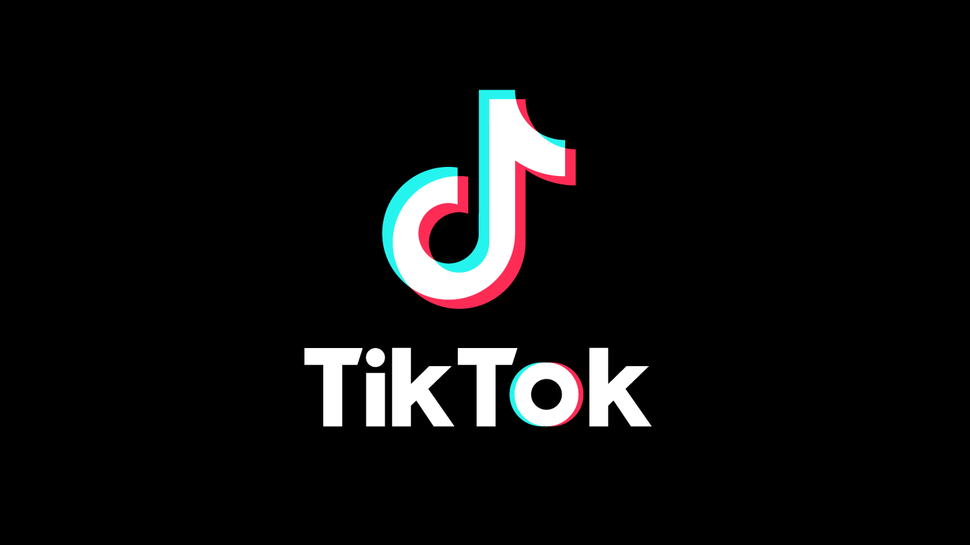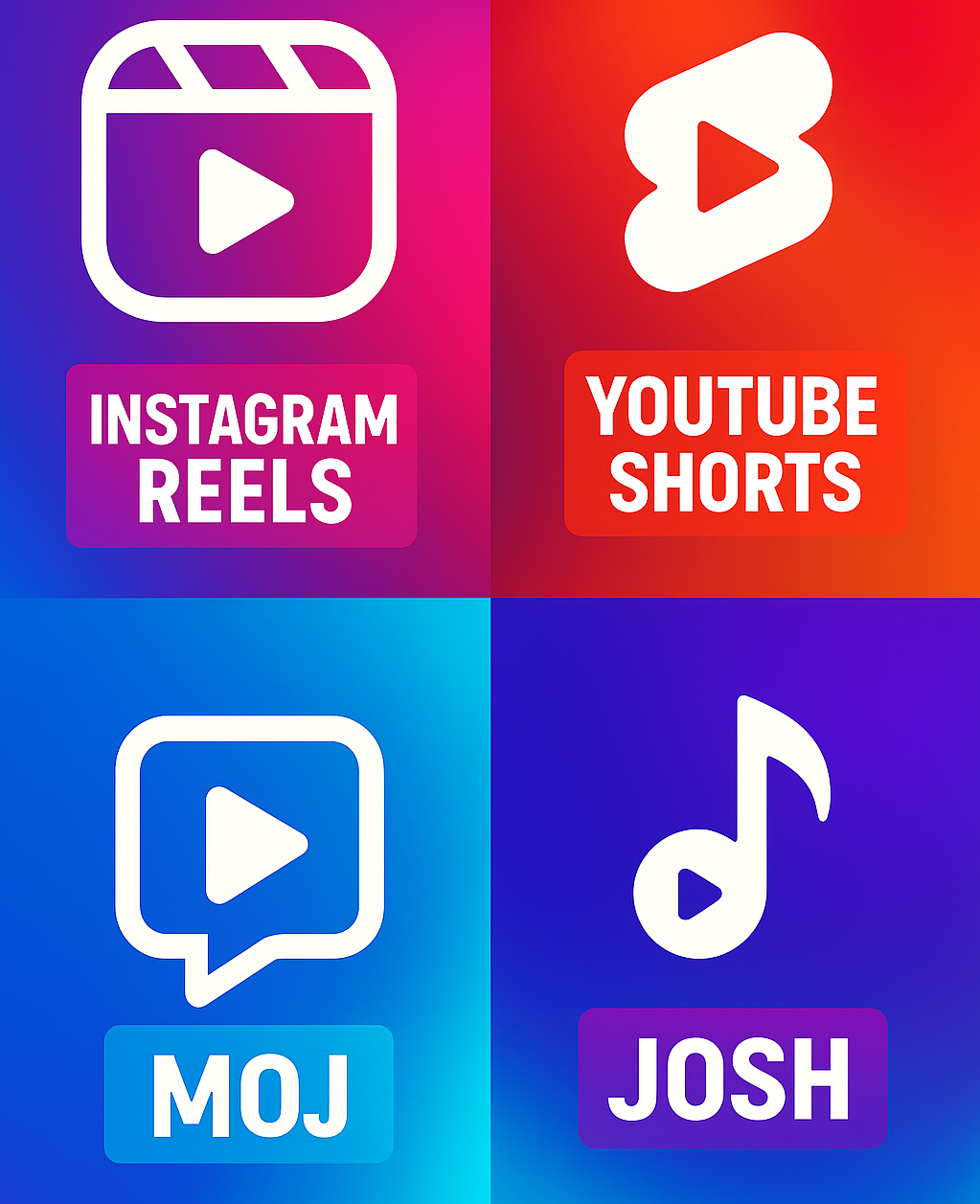
Why TikTok Was Banned in India

TikTok’s rise in India revolutionized online content creation and consumption, making it a household name across the country. Thanks to its short-form, engaging videos and intuitive user interface, TikTok attracted massive audiences from both urban and rural areas. By early 2020, India stood as TikTok’s largest global market, boasting more than 200 million active users, including aspiring influencers, content creators, and local businesses eager to harness the app’s reach for growth and visibility. Understanding why TikTok was banned in India helps explain the government’s concerns over data privacy and national security.
However, in June 2020, the Indian government imposed a nationwide ban on TikTok and several other Chinese apps, citing national security and data privacy concerns. This landmark decision reshaped India’s digital landscape and sent ripples throughout the global tech industry. Following India’s lead, countries such as the United States and Australia began considering similar bans, sparking worldwide discussions about the safety and privacy of user data on foreign-owned social media platforms.
The ban was more than just a political move; it was a reminder that in today’s hyperconnected world, data is as valuable as currency. When apps collect and process personal information at scale, the risks of misuse, surveillance, or cyberattacks multiply. This leads us to an important question: what does TikTok’s ban in India teach us about cybersecurity in the digital age?
The Official Reason TikTok Was Banned in India
The official declaration emphasized two primary issues: national security and data privacy, when the Indian government announced the ban on TikTok in June 2020. The app had access to a tremendous volume of sensitive information, as over 200 million Indian users actively shared videos, photos, and personal data. The government worried that foreign players could misuse or exploit this information.
Soon, reports surfaced indicating that TikTok was sending user data outside India, which raised questions about who had control of this data and how it might be used. Such behaviors were seen as major dangers to personal privacy and national security in a digital environment where data is sometimes referred to as "new oil."'
Adding to the worry were TikTok's broad app permissions. The app required permission to the camera, microphone, contacts, and even the live location of its users in order to operate. Though these permissions helped its video creation capabilities, they also left the door open to possible surveillance and unauthorized tracking.
The government emphasized a developing worldwide reality by structuring the prohibition around these concerns: protecting digital sovereignty is as important as defending physical boundaries.
Cybersecurity Risks Behind the Ban
The Indian TikTok ban drew attention to a more general issue: data as a national security asset. Personal information is more than just a convenience in the digital age of today; it's a vital asset with the power to affect politics, security, and even economies. The information passing through TikTok had great strategic worth given millions of Indian users producing daily material.
Lack of openness in the gathering, storage, and utilization of this data was one of the major cybersecurity issues. Apps are sometimes given access to sensitive permissions like cameras, microphones, contacts, and location. Serious issues on privacy, consent, and risk management come up when the treatment of this data is unclear.
Moreover, cyber spying and surveillance were possible. Apps with wide access to personal information might be used for tracking people, user profiling, or even national intelligence gathering, experts cautioned. The terror was not only theoretical; the same worries have come about worldwide regarding foreign-owned apps that keep data outside the country of origin.
Ultimately, the ban reminded us sharply that cybersecurity is also about protecting a country's digital sovereignty and guaranteeing that people's information never turns into a security liability, not just about guarding networks or passwords.

The Lessons for Users and Businesses
For companies running in the digital sphere as well as for personal users, the TikTok ban offers insightful information.
For people, the first lesson is to be wary of app permissions. Often beyond what is needed for fundamental operation, many apps demand access to cameras, microphones, contacts, and location data. Knowing that every piece of data shared has possible privacy consequences, users should often check permissions and think carefully before giving access.
For companies, the restriction emphasizes the need to give data protection top priority. Businesses that gather, analyze, or keep user data have to implement strong cybersecurity measures, including encryption, safe storage, and access controls. Mishandling or showing data puts users at risk and might also cause legal repercussions and reputational damage.
Furthermore, very important for long-term success has become regulatory compliance. Companies that adhere to data protection rules, both national and worldwide, help to prevent penalties and build consumer trust. Transparent data management guidelines and open communication about privacy policies can set a business apart in a market more and more sensitive to digital security.
Aftermath of the Ban
The TikTok ban in India profoundly affected creators and users. For millions of content producers, it meant losing a platform that had grown to be their main source of income and audience engagement. Many consumers missed a place for enjoyment, imagination, and community interaction too.
Simultaneously, alternative platforms grew as TikTok left a gaping hole. Offering comparable shortform video experiences emphasizing adherence with local laws, applications like Instagram Reels, YouTube Shorts, Moj, and Josh swiftly became popular. Creators moved to these sites to guarantee their companies could still flourish and their material would remain available.
Apart from changes in popularity, the prohibition drove both customers and companies toward more data secure solutions. Many now favor services that show openness in data gathering and storage policies because there is more knowledge about how apps process personal data. In turn, companies are starting to use more rigorous cybersecurity solutions to keep user trust and meet legal requirements.
Highlighting the need of data security, user trust, and regulatory compliance, the TikTok ban essentially changed the digital content scene in India and created chances for local and foreign alternatives to flourish.

What Businesses Should Learn from TikTok’s Case
-
Even international behemoths are exposed when data handling is poor; popularity and income do not provide protection against restrictions.
- Cybersecurity is intimately linked to brand image; carelessness in user data management can corrode trust and loyalty.
- Proactive security solutions are imperative, including:
- Regular tracking of data streams and system activity
- Meeting national and international requirements
- Plans for a quick reaction to possible data leaks
- Businesses can resist regulatory scrutiny and foster long-term user confidence by integrating cybersecurity into fundamental activities.
- TikTok's example reveals how important in the digital era are safe, transparent data policies, as much as user engagement and innovation.
Conclusion
For consumers, companies, and governments alike, the TikTok ban was a clear cybersecurity wake-up call, not only a cultural or political move. It emphasized how vital data protection has grown in today's digital environment by pointing out that personal and corporate data is not only precious but also vulnerable if not managed properly.
The main lesson is straightforward but strong: data protection results in digital trust, which in turn determines the viability of a company. Companies that don't give cybersecurity top priority risk reputational damage, regulatory fines, and loss of consumer trust, no matter their level of fame or success.
Taking a proactive approach is crucial for companies hoping to stay ahead. Evaluating your cybersecurity posture, putting strong protections into place, and guaranteeing regulatory compliance are now essential for long-term success, not discretionary. Managed detection, cloud security, and compliance help from AS13.AI let businesses protect their data, their users, and develop lasting trust.
